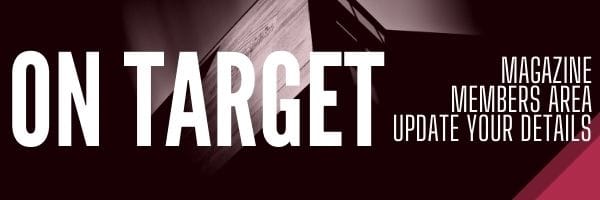POINTERS ON “OPEN-BOOK” EXAMS OF THE ICMA
Students must wait for at least one month after the end of the program, prior to sitting for their examinations. This is because ICMA expects students to take one month to fully digest the content of the program along with the readings etc., whilst preparing for their exams. This one month is the equivalent of the university ‘study period’ prior to the student’s final assessment.
As ICMA exams are OPEN BOOK exams, marks in the theory questions are not given for those who copy everything in the notes!
Most questions have a “quote”, on which the student is asked to comment in their own words. Unfortunately, many students used to the closed book style of exams completely ignore the “quote” and simply copy everything relating to the topic in the time given. This will result in an automatic FAIL.
Memorising and regurgitating knowledge is often the norm for ‘closed-book’ exams, but not for open book exams in which integrated understanding of the wider issues are expected.
Points to Note:
The ICMA expects students to:
- Answer the question as relevant to the “quote” they have been asked to comment on.
- Use their own words.
- Use their own examples from practice, if relevant.
- Show that they are familiar with the readings for each topic.
- Examiners like ‘quality’ not ‘quantity’. Usually, a well thought out answer would be approx. 2-pages of average handwriting that answers to the point.
POINTERS ON ASSIGNMENTS OF THE ICMA
ICMA Assignments are related to students current or previous places of work. Students must follow the requirements of the assignment and cannot re-submit previously assessed work, another person’s work or submit plagiarised work.
Students must wait for one month after the end of the program, prior to submitting their assignment. This is because ICMA expects students to take one month to fully digest the content of the program along with the readings etc., whilst working on their assignment. This one month is the equivalent of the university ‘study period’ prior to the student’s final assessment.
Points to Note:
- The assignment topic is to discuss the relevancy of one or more of the areas studied in your program, and the application of such in the company the student currently works for.
- The assignment must be the student’s own work.
- Students must state clearly in the assignment that they work in the company and what their current position is.
- If using a past company, a student must provide a Resume (CV) showing the previous company they worked for.
- If the student uses a fictitious company name, they must submit a separate document (to their assignment report) as to what the actual name of the company is.
- Any detailed or confidential information must be averaged or modified in order to remove sensitivity.
- All references must be in the Harvard Style.
- Students must limit the assignment to the set word length in the assignment, which is usually 2,000 words, excluding bibliography, notes, figures and tables, etc.
Plagiarism
With the advent of the Internet and Google, plagiarism in assignments has become a serious issue. Any one of the following is considered plagiarism:
- Turning in someone else’s work as your own.
- Copying words or ideas from someone else without giving credit.
- Failing to put a quotation in quotation marks.
- Giving incorrect information about the source of a quotation.
- Changing words but copying the sentence structure of a source without giving credit.
- Copying so many words or ideas from a source that it makes up the majority of your work, whether you give credit or not.
Therefore, even though a student enumerates ALL the sources used on the Reference page of the paper, he/she would plagiarize as per points (3) and (6).
Those found to plagiarise will be banned from resubmitting their assignment for 2-years and will not be given any form of membership of the ICMA.




Stay In Touch